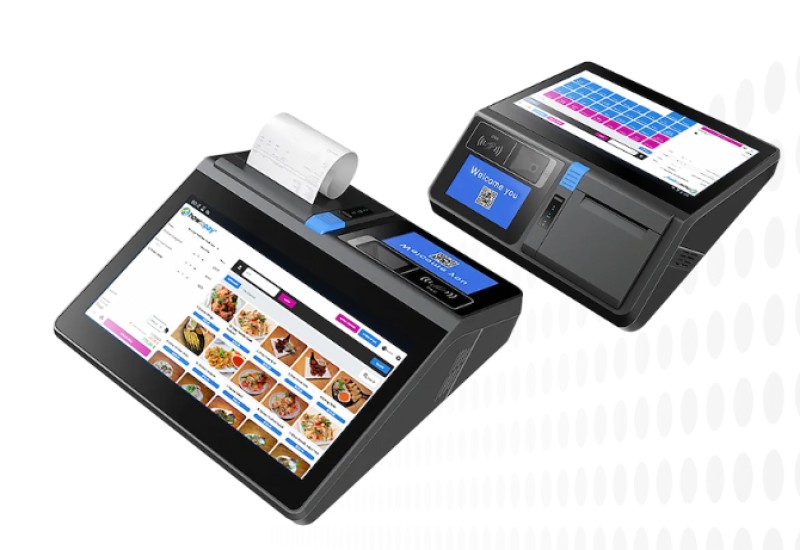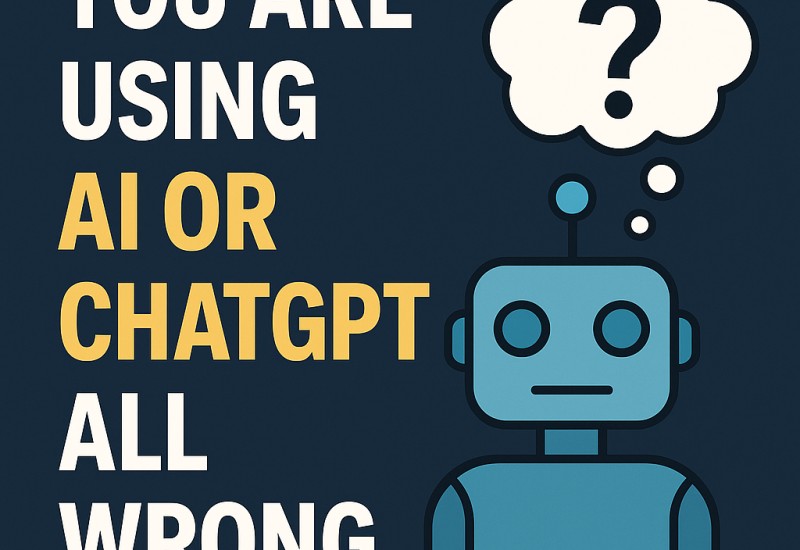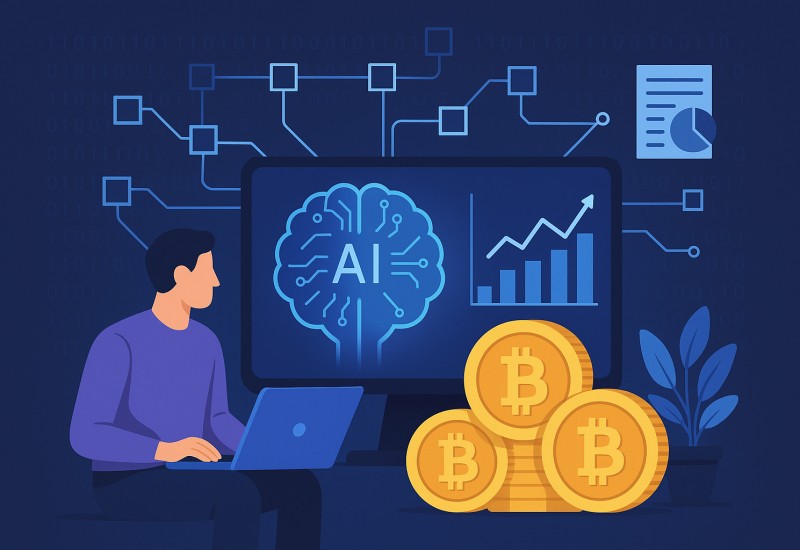

Why the World Isn’t Ready for a Fully Cashless Society
Stricter banking rules and ID requirements are leaving expats, migrants, and millions of people without access to digital finance – as seen in Thailand, where tourists on short visas can’t even open local bank accounts. Under these conditions, cash remains an essential lifeline for economic inclusion, daily business, and emergency needs.
Expats and Tourists: Locked Out of Cashless Banking
In an increasingly digital economy, those without local bank access find themselves stranded on the sidelines. Take Thailand as an example: the country may be rapidly adopting cashless payments, but foreign visitors and short-term expats often hit a wall when trying to join in. At the start of this year, Bangkok Bank – Thailand’s largest bank – stopped allowing foreign tourists to open accounts entirely. A bank spokesperson confirmed, “Since January, Bangkok Bank has been operating under new rules. Foreign tourists are no longer allowed to open bank accounts here.” The policy isn’t a one-off: to open a Thai bank account now, a foreigner typically must hold a long-term visa, have a Thai spouse or own property in Thailand. Tourists and short-stay visitors simply don’t meet the criteria.
What does this mean on the ground? A backpacker or remote worker on a 60-day tourist visa cannot get a local debit card or mobile banking app, forcing them to rely on cash or costly foreign cards for everyday transactions. And Thailand is not alone. In many countries, banks demand local IDs, proof of address, or residency status to open an account – hurdles a short-term visitor or newly arrived expatriate often cannot clear. The result is an underclass of outsiders to the cashless economy, compelled to carry physical currency because digital options are out of reach.
Migrant Workers and the Unbanked Millions
It’s not just globe-trotters who are left out – a huge swath of the world’s population remains unbanked or underbanked. The World Bank estimates that around 1.4 billion adults worldwide have no bank account, and an even greater number have only limited access to banking. These are often the poor, rural, or marginalized communities for whom the cashless revolution might as well be happening on another planet. A consistent barrier is lack of documentation or ID – a lack of documentation is among the primary reasons unbanked adults cite for not having an account. In other words, strict identification requirements intended to curb crime are also keeping the poorest out of the formal financial system.
Migrant laborers are a prime example. In the Gulf states, for instance, millions of low-wage migrant workers can’t meet the minimum income or status requirements to open a bank account. In the United Arab Emirates – where migrants comprise 88% of the population – nearly 60% of migrant workers earn too little to qualify for a bank account under current rules. These workers must be paid in cash or through prepaid cards and remittance services, as they’re shut out of traditional banking. Likewise, undocumented migrants or refugees in many countries are effectively unbankable due to their lack of accepted IDs or legal status. This exclusion perpetuates a reliance on cash for millions: wages are paid hand-to-hand, savings are stashed under mattresses, and payments for basic goods happen in coins and notes.
Despite efforts to promote financial inclusion, the unbanked population isn’t disappearing – in some places, it’s even growing. In the United States, for example, 5.9 million households had no bank account in 2021, and another 18.7 million were “underbanked” (with an account but still reliant on alternatives like check-cashers). Alarmingly, about one in nine U.S. households that are now unbanked actually had a bank account in the previous year, only to leave the system due to high fees or barriers. This churn underscores a global truth: opening an account is one thing, but staying in the banking system isn’t guaranteed for those on the financial fringe.
No Legal Right to a Bank Account
One underlying issue is that, unlike utilities such as water or electricity, access to a bank account is not universally treated as a basic right or essential service. Banks in most countries are free to turn customers away, and they often do – whether due to low income, foreign status, or perceived risk. In theory, banking is a private business, and institutions can choose their clients. In practice, this means that those who are seen as unprofitable or risky can simply be shown the door. Many expats and migrant families discover this the hard way when they move abroad and find banks unwilling to take them on.
Some jurisdictions have recognized that a bank account is a modern necessity and have moved to guarantee a “right to an account.” Across the European Union, for instance, a directive now requires member states to ensure that any legally resident person can get a basic bank account for essential services. In effect, if a commercial bank refuses, the authorities will designate another bank to open a minimal account for that customer. But such protections are the exception rather than the rule. In much of the world, there is no safety net obligating banks to serve everyone. Tourists, temporary workers, the homeless, or anyone outside the norm remain at the mercy of individual bank policies. If every local bank deems a person too transient, too risky, or simply not profitable enough, that person stays unbanked. A fully cashless society would require a universal provision of banking or digital payment services – a guarantee that simply doesn’t exist in most countries today.
AML Crackdowns and the Rise of “De-risking”
Ironically, the harder regulators push to prevent illicit finance, the more people seem to fall through the cracks of the banking system. Around the world, stricter anti-money laundering (AML) and Know Your Customer (KYC) rules have compelled banks to verify identities, monitor transactions, and refuse service where doubts exist. These measures undoubtedly help fight fraud and crime, but they also raise the bar to entry. Banks, fearing penalties for compliance missteps, often take a “better safe than sorry” approach – and that can mean denying or dropping customers who don’t fit an ideal profile. This industry trend, known as “de-risking,” involves financial institutions shedding accounts deemed high-risk or unprofitable en masse.
The effects of crackdowns can be seen vividly in Thailand’s recent campaign against fraud “mule” accounts. In the past year, Thai authorities froze approximately 1.8 million bank accounts and arrested 2,500 people in a sweeping effort to shut down scam networks. Amid this aggressive purge, banks grew skittish about opening new accounts. Many branches began flatly rejecting foreigners with short-term visas, citing unclear intentions, even if there’s no official law against it. Legitimate customers – including retirees and digital nomads – suddenly found their accounts under scrutiny or their applications refused, simply because banks feared inadvertently facilitating crime. The Thai example echoes globally: small businesses in developing countries have seen international banks close their correspondent accounts, cutting off cross-border payments, because serving them was viewed as too risky under AML rules. Likewise, charities, cryptocurrency users, sex workers, and others in “high risk” categories have reported being “de-banked” with little explanation.
All of this contributes to a troubling cycle: the tighter the net is woven to catch bad actors, the more innocent people slip outside the formal financial system. Once out, these people rely on cash transactions, since that’s the only medium that doesn’t ask for a passport or proof of address at the door.
Why Fintech Alone Can’t Close the Gap
Can’t financial technology leapfrog these problems? Mobile payment apps, digital wallets, and fintech services often promise to “bank the unbanked.” And indeed, innovations like mobile money in Africa have onboarded tens of millions who never had a bank account. But fintech is not a panacea – largely because fintech companies still depend on the same regulated banking pipes that everyone else does. A digital wallet or neobank typically operates through licensed partner banks under a Banking-as-a-Service model, which means they must enforce the same KYC/AML rules as traditional banks. If a migrant worker can’t pass a bank’s ID checks, they usually can’t pass a fintech’s onboarding checks either.
There are also practical limits. Digital payments require connectivity, smartphones, and tech literacy. The poorest segments – the elderly, rural communities, refugees – may not have a smartphone or reliable internet data. Even where mobile money agents exist, they function as quasi-bank tellers, converting cash in and out of the digital system. Cash thus underpins many “digital” financial services: the mobile wallet is useful for transferring funds, but at some point, many users still cash-out to pay a landlord or buy groceries in a market that only takes cash. In short, technology has made impressive inroads, but it hasn’t rewritten the basic rules of finance. Government regulations and human realities still dictate that a significant number of people cannot go fully digital in their daily transactions.
Cash as an Economic and Emergency Lifeline
All these factors illuminate why cash remains crucial in the present global landscape. Cash is the great equalizer: it’s accepted almost everywhere and by anyone, no bank account or smartphone required. For the unbanked and underbanked, cash is not a nostalgic habit – it is a lifeline that allows participation in the economy. A street vendor in Bangkok or Nairobi will gladly take cash from a customer who has no card. A day laborer can receive her wages in cash at the end of the week, when no direct deposit is available. In communities around the world, cash is how people pool savings in informal groups, how they pay for bus fares, and how they buy food when the digital infrastructure falls short.
Even in advanced economies racing toward cashless payments, there’s growing recognition that cash cannot be abandoned without leaving people behind. Sweden, often touted as the poster child of cashlessness, has recently hit the brakes and moved to bolster its cash infrastructure. The Swedish central bank has thrown its weight behind proposals to require retailers to continue accepting cash for essential goods and to ensure banks keep providing cash services. As the Riksbank bluntly stated, “Cash is essential for economic and social inclusion, and for the resilience of the payment system.” In a world of digital payments, cash is the fallback that guarantees no one is cut off from buying basic necessities. When storms, cyberattacks or blackouts strike, it’s the physical currency in hand that can mean the difference between coping or going without essentials.
Cash also underpins daily commerce in the real world. Small businesses often prefer cash to avoid card fees or simply because their customer base expects it. In many countries, cultural and practical reasons make cash the default for tips, taxis, market stalls, and personal transactions. Moreover, cash offers a degree of privacy and control: for those wary of surveillance or hacking, it’s the trusted way to store and spend value. While digital payments come with convenience, they also introduce dependency on technology and third-party infrastructure – dependencies that not everyone is ready or able to accept.
Conclusion: The Case for Keeping Cash
The vision of a fully cashless society might glitter on the horizon of high-tech urban life, but current global conditions tell a more grounded story. Hundreds of millions of people – from tourists and expatriates to migrant workers and rural villagers – simply do not have the means or opportunity to go fully digital. Whether it’s because no bank will serve them, or because digital systems fail them, these people rely on cash to survive and thrive. Until financial inclusion is truly universal and resilient, cash remains not just relevant but indispensable.
Rather than eliminate cash, the wiser course for policymakers is to bridge the gaps that make cash necessary. That means treating access to basic financial services as a public good, rethinking one-size-fits-all compliance that shuts out the poor, and leveraging fintech in a way that truly reaches those left behind. Until such strides are made, cash will continue to be the refuge and enabler for those whom the cashless revolution hasn’t yet reached. Far from a backward habit, cash is the glue holding the diverse threads of the global economy together – and for now, we are unlikely to outgrow its utility.
What's your reaction?













Comments
Leave a Reply